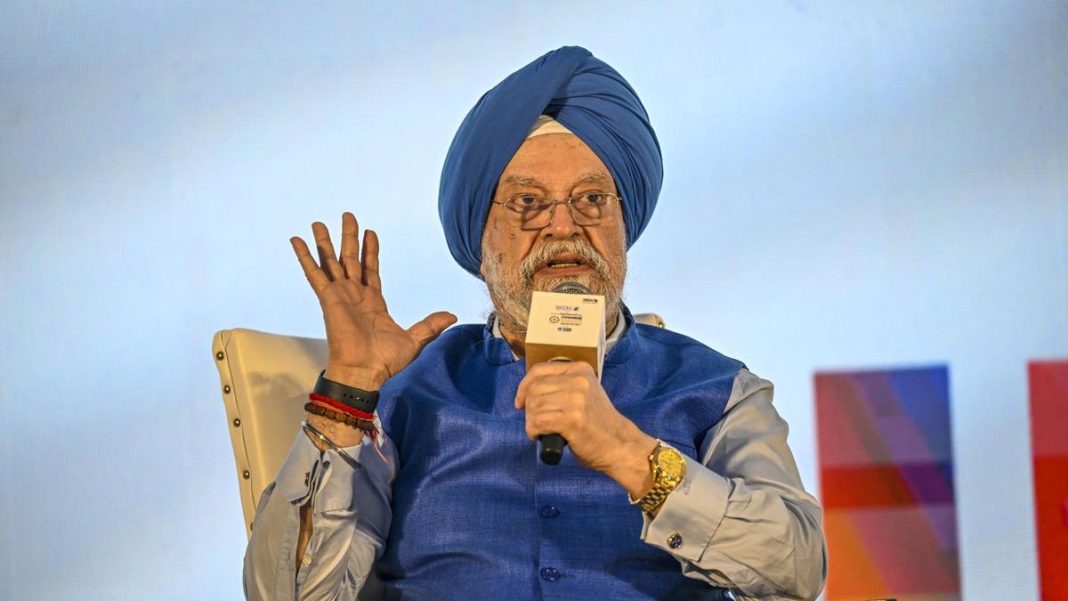Key Takeaways
- India has diversified crude oil imports from 27 to 40 countries
- Refining capacity to grow from 258 million tonnes to 310 MT by 2030
- Indian oil companies export $45 billion worth of refined products to 50 countries
Union Petroleum Minister Hardeep Singh Puri has assured that India faces no threat to its crude oil supplies despite recent US sanctions on Russian oil firms. Speaking at the 28th Energy Technology Meet, the minister emphasized that sufficient global alternatives exist to replace any disrupted supplies.
“Even if one supply goes down you got alternatives elsewhere,” Mr. Puri stated, highlighting how the global oil trade operates outside established frameworks like GATT.
India’s Diversified Energy Strategy
India has significantly expanded its energy partnerships, increasing crude oil sourcing countries from 27 to 40 nations. This diversification strategy provides crucial supply security amid global market uncertainties.
Indian refiners now export petroleum products worth $45 billion to 50 countries worldwide, demonstrating the sector’s global competitiveness.
Refining Capacity Expansion Plans
India’s refining sector is poised for substantial growth, with capacity set to increase from current 258 million tonnes to 310 MT by 2030. “We have plans to take it beyond that… 400 MT,” the Minister declared.
This expansion comes even as global refining faces challenges – 101 of 420 refineries worldwide, representing 20% of global capacity, risk closure within 7-10 years.
Integration with Petrochemicals
Mr. Puri emphasized the importance of refineries diversifying into petrochemicals to enhance efficiency and integration with global markets.
“Refineries themselves are part of the global markets today… increasing integrated with petrochemicals [this] enhancing efficiencies,” he told industry leaders.
Technology and Green Energy Focus
The minister acknowledged that oil and gas exploration remains an area of concern, while highlighting India’s strides toward green hydrogen and energy technology upgrades.
On technology imports, Mr. Puri noted: “We should try to do whatever we can and not to hesitate to export wherever we can because the idea is not just to do everything 100% as you are producing for the world.”




